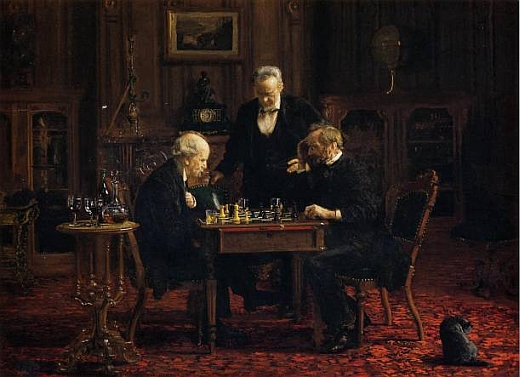
The Transcendentalist adopts the whole connection of spiritual doctrine. He believes in miracle, in the perpetual openness of the human mind to new influx of light and power; he believes in inspiration, and in ecstasy. He wishes that the spiritual principle should be suffered to demonstrate itself to the end, in all possible applications to the state of man, without the admission of anything unspiritual; that is, anything positive, dogmatic, personal. Thus, the spiritual measure of inspiration is the depth of the thought, and never, who said it? And so he resists all attempts to palm other rules and measures on the spirit than its own.
—Ralph Waldo Emerson, The Transcendentalist (1842) first published in: Nature; Addresses and Lectures (1849)



